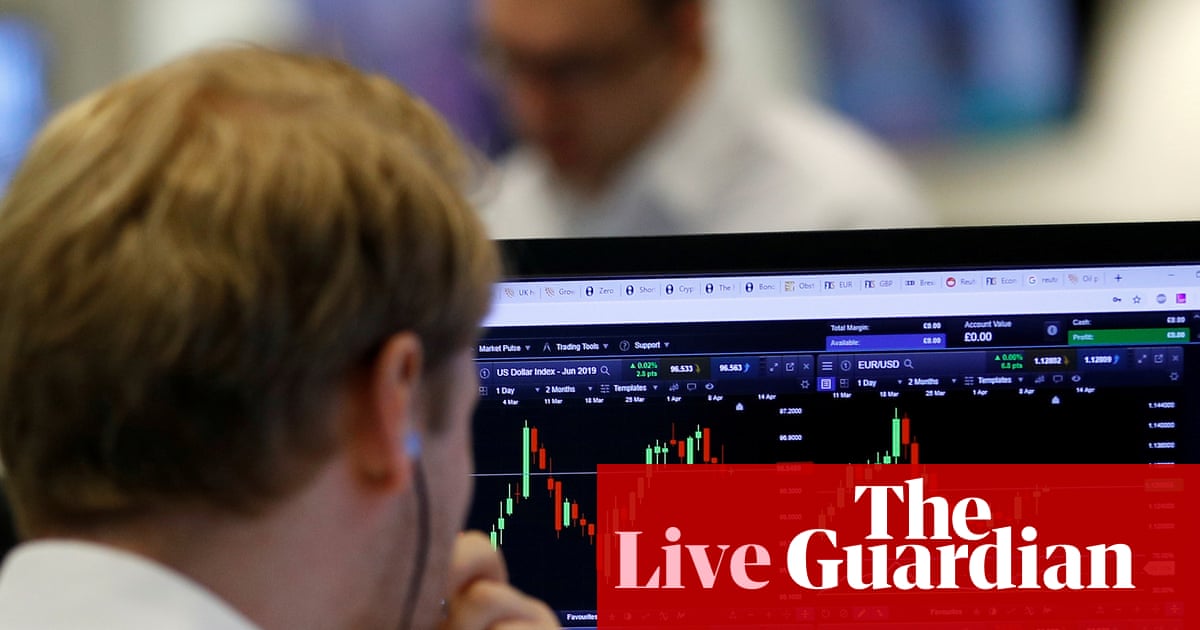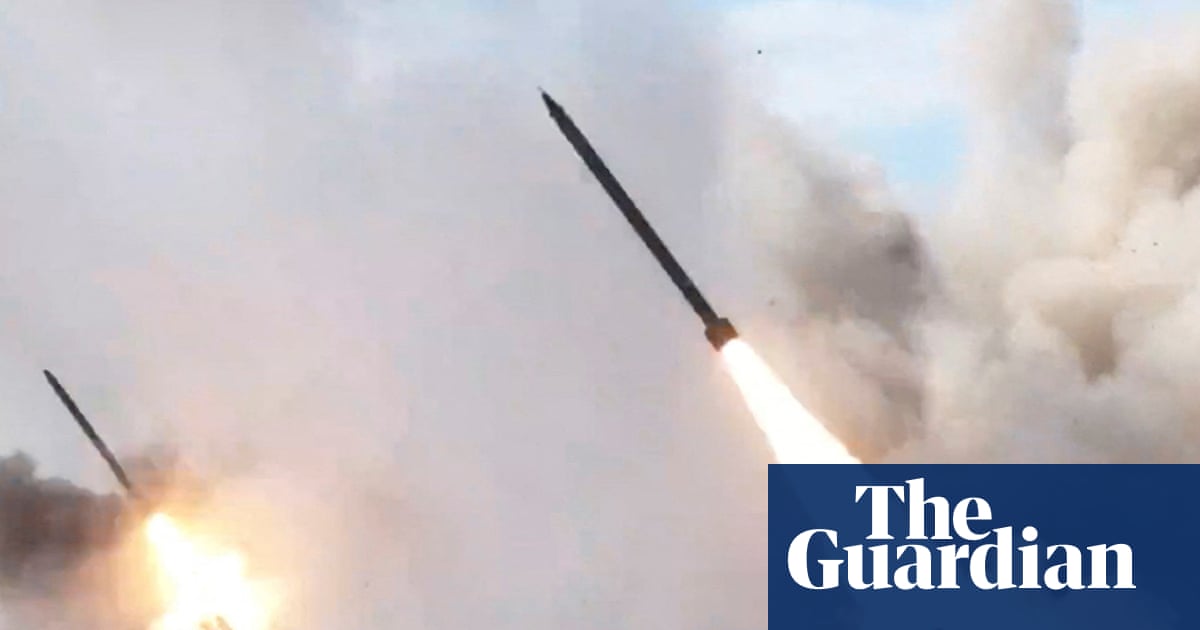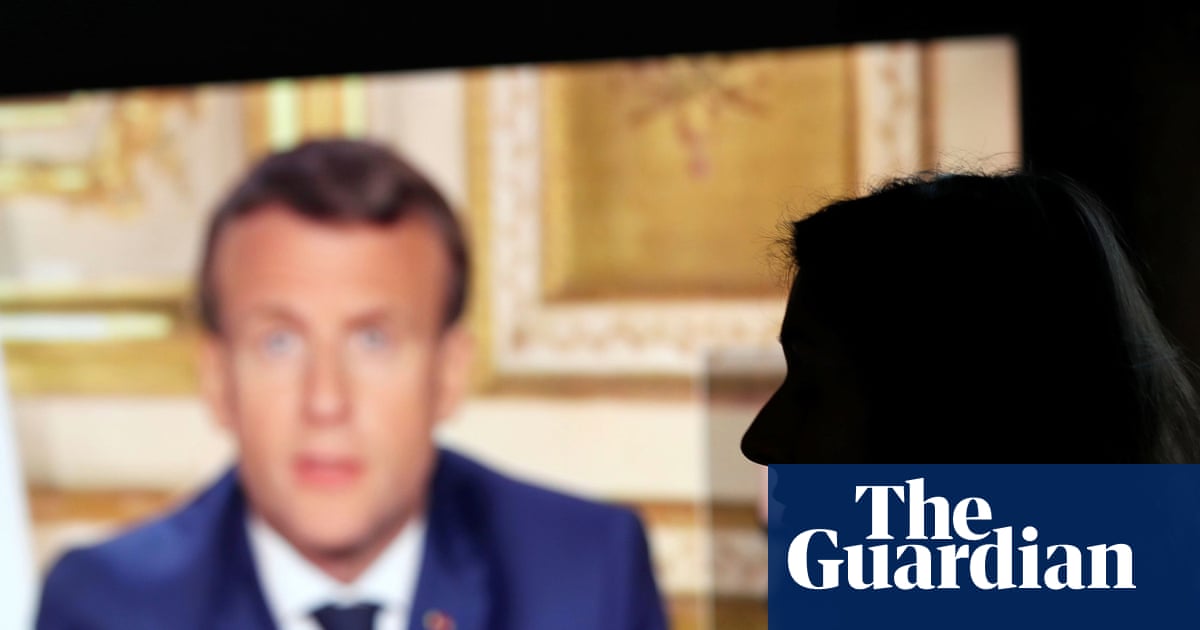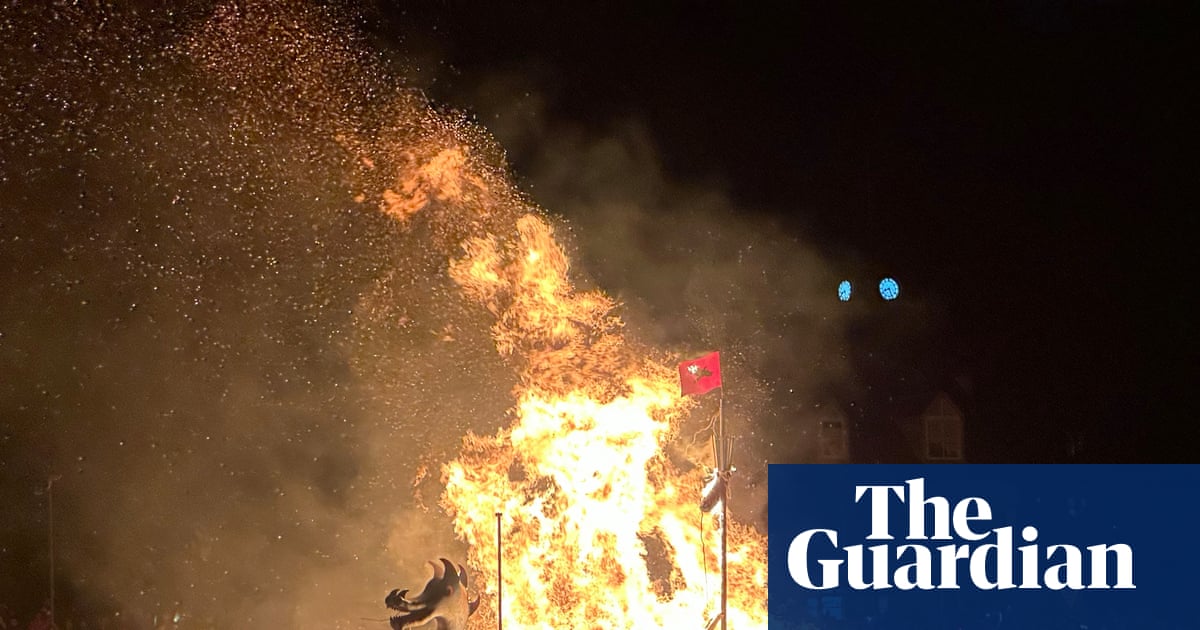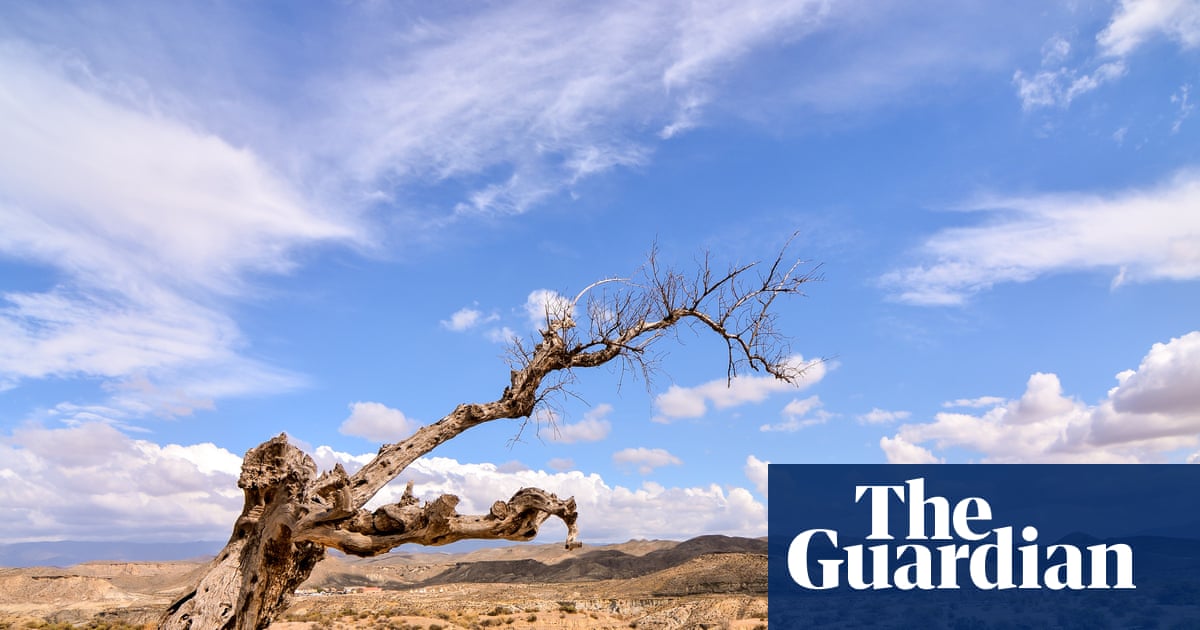If the war in Gaza had dramatic consequences across the Middle East, overturning long-held assumptions, resetting the geopolitical map and provoking massive shifts in public opinion, any durable peace is likely to have equally momentous effects.
Some counsel caution.
“It’s been less than 10 days and we are seeing multiple violations of the ceasefire by Israel and Hamas. I think after such bloodshed and destruction it will take some time to move in any positive direction,” said Mkhaimar Abusada, a political science professor at Gaza’s Al-Azhar University, who is now in Cairo.
But the way in which the war ended has already had a significant impact on the politics of the region.
Efforts to counter Trump’s ill-received “Riviera” plan for Gaza earlier this year brought regional powers together in a new way. This has now moved up a gear. Rapid implementation of Trump’s new 20-point plan is forcing rivals to set aside differences and collaborate very closely under significant pressure, after years of competition across the Middle East.
Reaching an agreement on the first phase of the plan depended on US pressure on Israel but also Qatar and Turkey leaning heavily on Hamas.
Qatar is now firmly in Trump’s good books, but so too is Recep Tayyip Erdoğan, Turkey’s veteran leader, praised by the US president at last week’s hastily arranged summit in Sharm el Sheikh, the Egyptian resort, as “a tough cookie” but also a “friend”. This was not always the view of the mercurial US president, and is not one shared by Egypt’s ruler, Abdel Fatah al-Sisi, who was nominally his co-host at the summit.
Yet here, too, there has been a shift. Turkey, Egypt and possibly Jordan are seen as the most likely candidates to offer their soldiers for the new international stabilisation force for Gaza. For both Turkey and Egypt this offer opportunities but risks too. They will seek to minimise friction, at least in the short term.
Keen observers spotted other details from the summit that suggested bigger potential shifts.
Among the leaders at Sharm el Sheikh was Iraq’s prime minister, Mohammed Shia’ al-Sudani, who faces a tough battle to win a second term at elections in less than a month. He posed for a thumbs-up picture with Trump and described Tony Blair – the US president’s pick for a leadership role of the “peace council”, a body of Palestinian technocrats meant to be set up to run Gaza under the 20-point plan – as a “great friend of Iraq”. This too may raise some eyebrows round the region, and farther afield.
Iraq has been part of Iran’s sphere of influence since the aftermath of the 2003 war, but this could begin to change now, said Michael Knights, head of research at the global advisory Horizon Engage and a long-term Iraq analyst.
“You can see Iraq being pulled now towards the Arab orbit and that is a major shift,” Knights said, adding that he understood that Baghdad was even considering contributing troops to the planned international stabilisation force in Gaza.
after newsletter promotion
Such a move would anger Tehran but the ceasefire leaves Iran’s leadership to face a bleak stocktaking from 24 months of conflict. Iran’s brief war with Israel made brutally clear its own military shortcomings. Its hugely costly nuclear programme is undoubtedly damaged even if we do not know by how much. European, UK and US sanctions have been reimposed.
In addition, the ceasefire seals the demise of the coalition of militant groups of varying competence, autonomy and commitment that was a centrepiece of Tehran’s strategy of “forward defence”. Hezbollah is a shadow of its former self in Lebanon and facing an uncertain future, including possible disarmament. The friendly Assad regime in Syria is no more. Hamas has just stopped fighting and may also be forced to give up all its weapons that could threaten Israel.
“The ceasefire could act as an engine of integration within the region. It will reopen all the talk of major land connections from the Gulf to the Mediterranean, as well as the broader conversation about the [diplomatic and economic] normalisation of Israel,” said Knights.
For the moment, every leader in the region is well aware of public anger over the war in Gaza, which has been devastated by an Israeli offensive that has killed 68,000. But the ceasefire means that a conversation about expanding the Abraham Accords, the normalisation agreements agreed five years ago by four Arab states, is now theoretically possible, though here the question of a future Palestinian state looms large.
“Trump has said the deal that he brokered goes well beyond Gaza and he was referring to normalisation with Israel, probably with Saudi Arabia and also possibly Indonesia, perhaps others. This is going to happen sometime,” said Abusada, the political science professor.

 2 months ago
59
2 months ago
59
